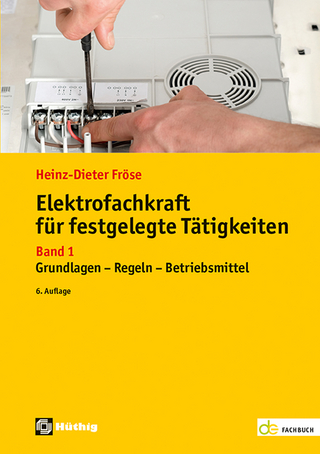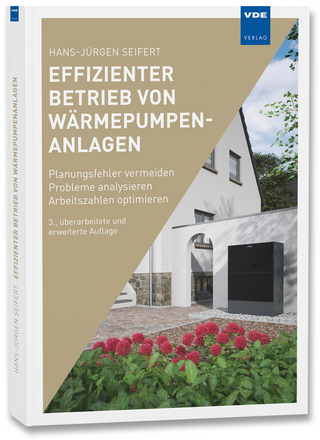Sensorless and Energy Efficient Control of Synchronous Machines for Automotive Applications
Seiten
2020
TUM.University Press (Verlag)
978-3-95884-040-9 (ISBN)
TUM.University Press (Verlag)
978-3-95884-040-9 (ISBN)
Energy efficiency, robustness and costs are driving factors in the development of electrical drives, especially for automotive applications. Higher efficiencies can be reached by implementing control strategies that better exploit the inherent characteristics of a given drive design. Increasing the robustness and reducing the costs can be reached by replacing mechanical sensors by mathematical models and suitable control strategies. In this work, a generic numerical framework for optimizing the efficiency of a synchronous machine based traction system is presented and validated. Moreover, new strategies for performing self-sensing in the whole speed range, which consider specific automotive requirements, are also discussed in detail. It is also shown that it is possible to identify several system parameters even under position sensorless control.
| Erscheinungsdatum | 11.03.2020 |
|---|---|
| Verlagsort | München |
| Sprache | englisch |
| Maße | 148 x 210 mm |
| Themenwelt | Technik ► Elektrotechnik / Energietechnik |
| Technik ► Fahrzeugbau / Schiffbau | |
| Schlagworte | Automotive Applications • copper-losses • efficiency optimization • field-weakening • Kalman Filter • Low-Frequency • MTPC • MTPF • Newton Method • Permanent-Magnet • PMSM • reluctance torque • saturation • Sensitivity Analysis • Sensorless control • signal injection • Synchronous Machines |
| ISBN-10 | 3-95884-040-X / 395884040X |
| ISBN-13 | 978-3-95884-040-9 / 9783958840409 |
| Zustand | Neuware |
| Informationen gemäß Produktsicherheitsverordnung (GPSR) | |
| Haben Sie eine Frage zum Produkt? |
Mehr entdecken
aus dem Bereich
aus dem Bereich
Planungsfehler vermeiden – Probleme analysieren – Arbeitszahlen …
Buch | Softcover (2024)
VDE VERLAG
44,00 €




